Russian Media Criticism of Paris 2024 Olympics
In a surprising turn of events, the Russian media have unleashed a torrent of criticism towards the upcoming Paris 2024 Olympics. The critical tone is striking, given the global anticipation for the games and Russia’s proud history of Olympic success. The media’s harsh reviews reflect not just a critique of logistics and organization but also a deeper layer of political tension.
A Troubling Precedent: No Television Broadcast
Adding fuel to the fire, Rossiya 24, a state-run Russian TV channel, has announced it will not air the 2024 Olympics. This decision marks a historic departure from tradition, as Russian television has consistently broadcast the Olympics since the Soviet Union boycotted the 1984 Summer Olympics in Los Angeles. This absence has led to discontent among Russian sports enthusiasts who have long been accustomed to watching their athletes compete on the world stage.
Critics argue that the lack of broadcast access denies a significant portion of the Russian population the chance to support their national athletes. The move could also impact the athletes themselves, who often draw inspiration from the support they receive from their fellow citizens.
Historical Context of Olympic Participation
Russia has a storied history in the Olympic Games, with its athletes consistently performing at the highest levels. From the Soviet Union's dominance in the mid-20th century to Russia's ongoing presence in the medal tallies, the Olympic Games hold a special place in the national consciousness. The abrupt decision to forgo broadcasting the 2024 Olympics not only severs this historical continuity but also raises questions about the motivations behind this choice.
Political Undertones and International Tensions
The decision to not broadcast the Paris 2024 Olympics can be seen as more than just a logistical or economic decision. It very likely serves as a reflection of the current political climate and strained relations between Russia and the international community. The move has led many to speculate whether this is part of a broader strategy to isolate Russian citizens from international events or if it is a response to perceived slights or actions by the international community.
The Role of State Media in Shaping Public Opinion
State media in Russia plays a significant role in shaping public perception. The absence of Olympic coverage could be a calculated measure to control the narrative and focus the public’s attention on domestic issues or controversies. It may also be an effort to downplay international achievements and foster a sense of self-reliance and nationalism among the populace.
Impact on Russian Athletes
For the athletes themselves, not having their performances televised in their home country could be a demoralizing factor. Many Russian Olympians rely on the emotional and moral support of their compatriots, which is amplified through televised coverage of the games. The lack of visibility might also affect sponsorship deals and post-career opportunities, which are often influenced by an athlete’s exposure during major events like the Olympics.
Public Reaction and Controversy
The decision has not gone unnoticed by the Russian public. Social media platforms and public forums have been buzzing with debates and reactions. While some support the decision, citing nationalist sentiments and skepticism towards the international community, others are dismayed by the move, feeling it disconnects them from the global event and deprives them of a cherished form of entertainment and national pride.
Future of Olympic Broadcasts in Russia
Looking ahead, the absence of the Paris 2024 Olympics from Russian TV could set a troubling precedent for future broadcasts of international sporting events in the country. It remains to be seen whether this is an isolated decision or part of a larger trend towards isolationism. Observers will be keenly watching the developments to understand the long-term implications of this move.
Conclusion
The criticism of the Paris 2024 Olympics by Russian media and the decision to not broadcast the event mark significant developments in the intersection of sports, politics, and media in Russia. This moment reflects not just a change in broadcasting practices but also a broader narrative about Russia’s relationship with the international community and its internal dynamics. As the world moves closer to the 2024 Olympics, all eyes will be on how this situation evolves and what it signals for the future of global sports engagement.
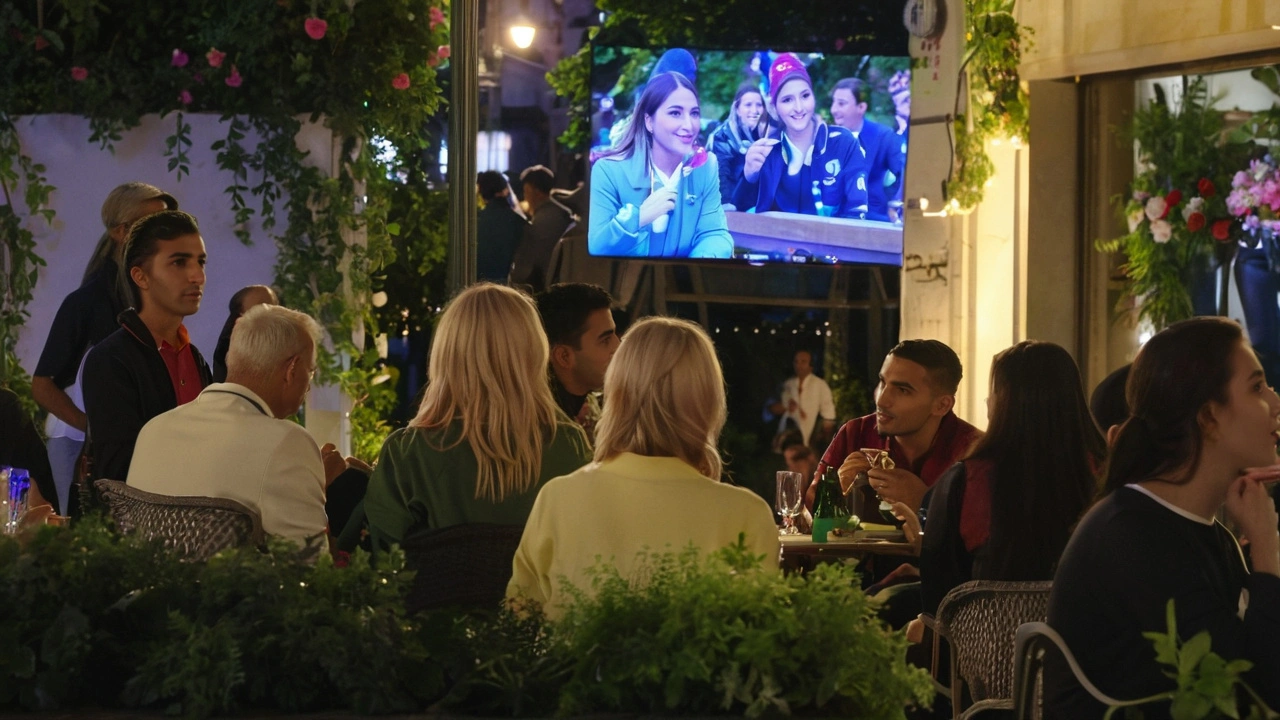
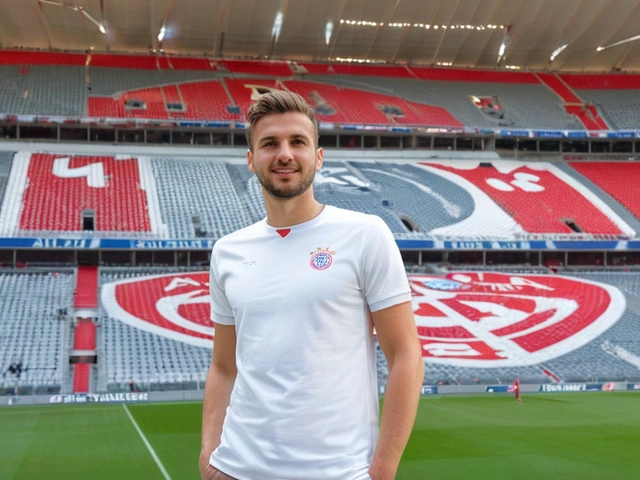
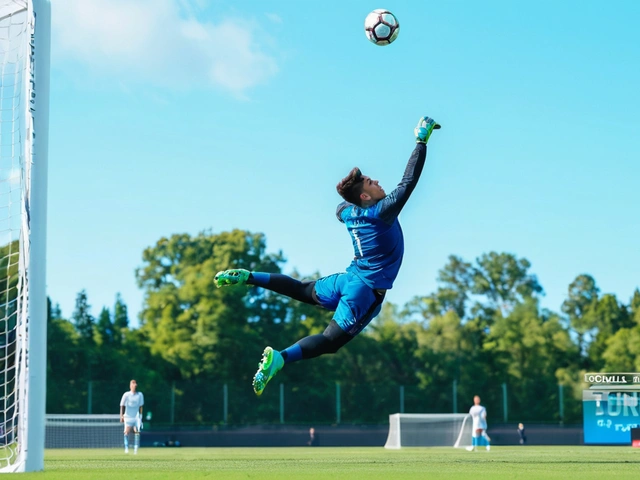
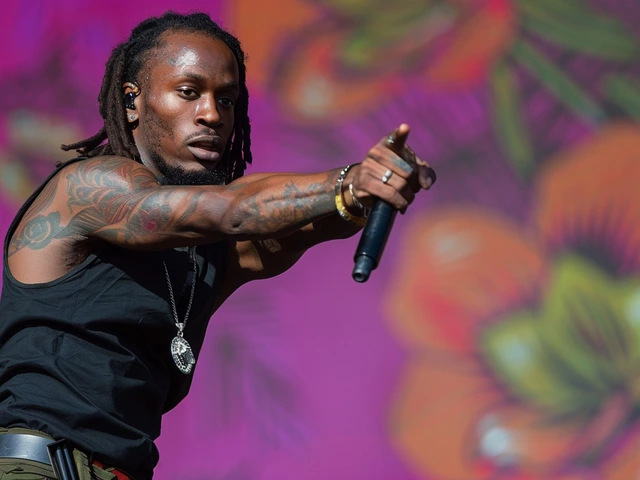
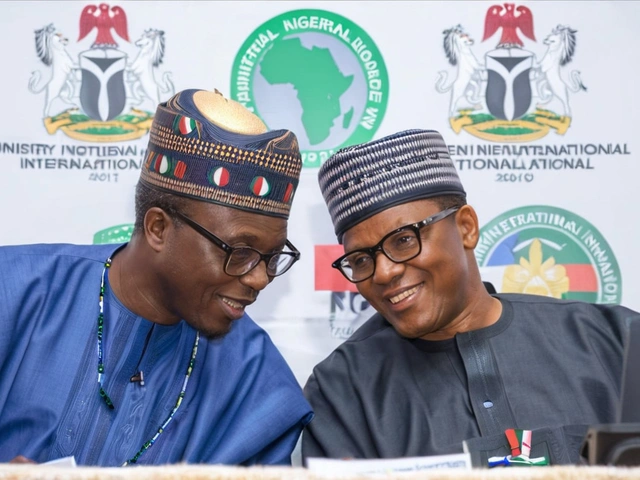
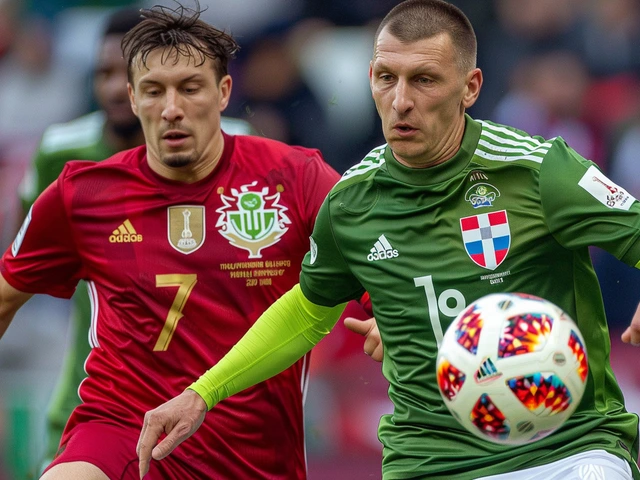
Write a comment